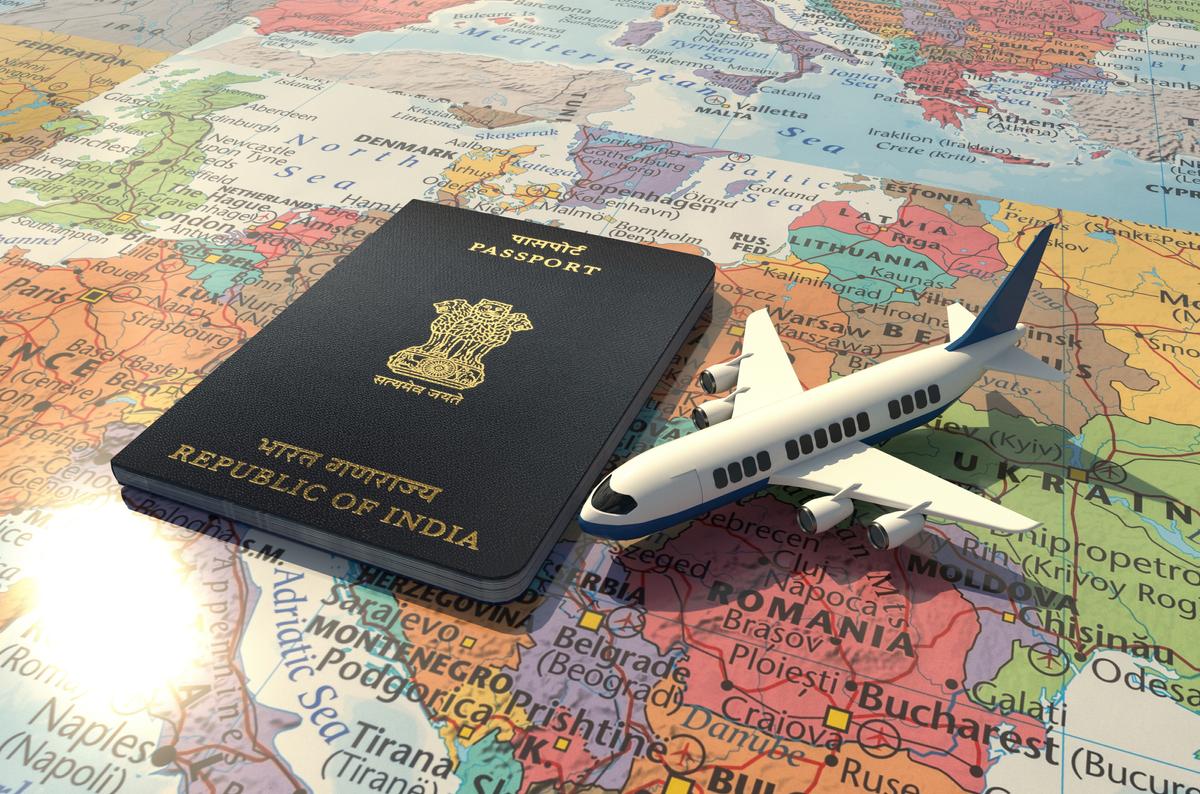In recent times, an intriguing phenomenon has come to light – India’s passport ranks lower in strength compared to countries like Ghana and Mongolia. This perplexing revelation raises a fundamental question: Why is India, a nation with immense potential, experiencing such a trend? The answer, though seemingly complex, can be attributed to a combination of factors that primarily revolve around the desire of Indians to seek opportunities beyond their homeland. One significant reason that stands out is the issue of unfair taxation, a topic that warrants a closer examination.
The Unveiling of a Disparity
Comparing Passport Strengths
Before delving into the heart of the matter, let’s briefly consider the striking contrast between India’s passport strength and those of Ghana and Mongolia. India’s passport, which enables visa-free or visa-on-arrival access to fewer countries compared to these seemingly less influential nations, hints at a deeper narrative.
The Unfair Taxation Conundrum
The Fiscal Deficit Predicament
At the core of India’s brain drain conundrum lies a fiscal dilemma that demands attention. India’s current economic “growth” trajectory is significantly financed through a fiscal deficit, wherein the government’s expenditures exceed its earnings. This fiscal deficit, while aiding growth, poses a considerable challenge when it comes to reducing it without hampering development.
The Dual Path Ahead
To tackle this fiscal imbalance, the Indian government is faced with a dual choice: augment revenues or curtail expenses. Given India’s youthful demographic, the latter path is less probable, as government spending is expected to remain relatively constant or even rise, driven by the proliferation of a “freebie culture” perpetuated by various political parties.
The Inescapable Tax Burden
In the pursuit of diminishing the fiscal deficit, one avenue stands out prominently: increased taxation. A scenario where taxes become even more burdensome is looming on the horizon. This prospect, though unpopular, is rooted in the economic equation that necessitates higher revenue generation to bridge the fiscal gap.
The Illusive Alternative
The Role of Innovation and Education
While the avenue of taxation seems inevitable, there exists an alternative pathway – one that involves bolstering workforce productivity through innovation and improved education. However, this solution is intricate and relies on multifaceted changes within the education system, industrial landscape, and policy framework.
The Struggle of Brain Drain
Regrettably, India has grappled with an issue that continues to exacerbate the brain drain phenomenon. The allure of opportunities abroad, coupled with intense competition and the specter of unfair taxation, significantly diminishes the incentives for talented individuals to remain within the country.
Conclusion
In a world characterized by globalization and interconnectedness, the strength of a nation’s passport symbolizes more than just a travel document. It reflects the choices individuals make, driven by a complex interplay of economic, political, and social factors. India’s passport weakness, when juxtaposed with those of nations like Ghana and Mongolia, underscores the daunting challenges posed by brain drain. The intricate balance between fiscal responsibility and the need for growth remains a pressing concern for India’s policymakers.
FAQs
- Why does India’s passport rank lower than Ghana and Mongolia?
India’s passport strength is influenced by several factors, including diplomatic relations, international agreements, and the ease of travel.
- What is brain drain, and why is it a concern for India?
Brain drain refers to the emigration of skilled and talented individuals from one country to another. India’s brain drain is concerning as it depletes the nation’s intellectual and human capital.
- How does unfair taxation contribute to brain drain?
Unfair taxation creates a disincentive for talented individuals to stay in India, pushing them to seek better opportunities abroad.
- Can innovation and education reverse brain drain?
Yes, fostering innovation and improving education can create a conducive environment that encourages talented individuals to stay and contribute to India’s growth.
- What are the implications of India’s fiscal deficit?
India’s fiscal deficit, while aiding growth, necessitates increased taxation to bridge the gap, potentially impacting the economy and brain drain phenomenon.


